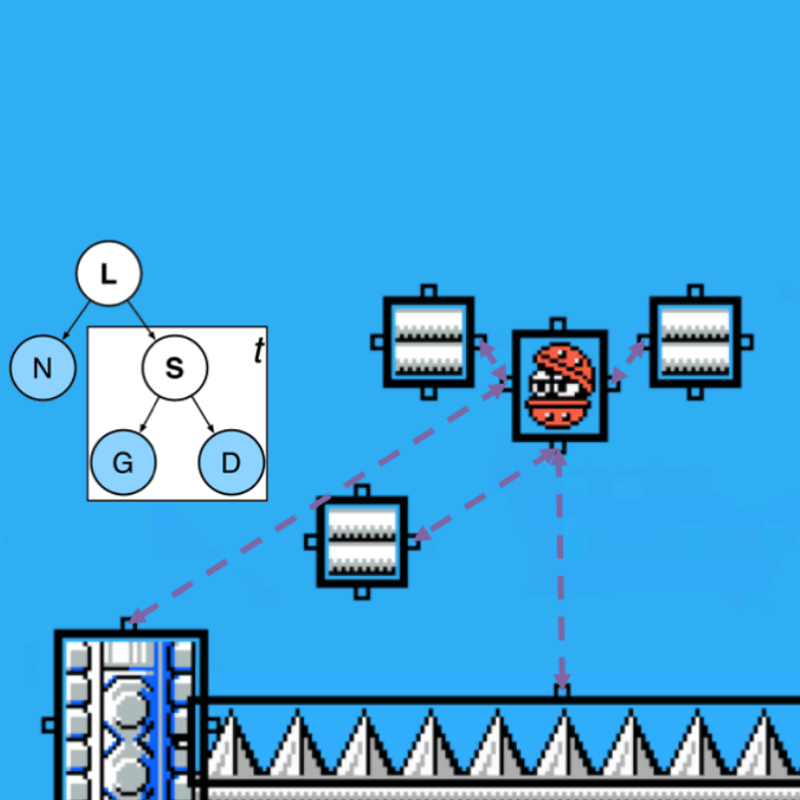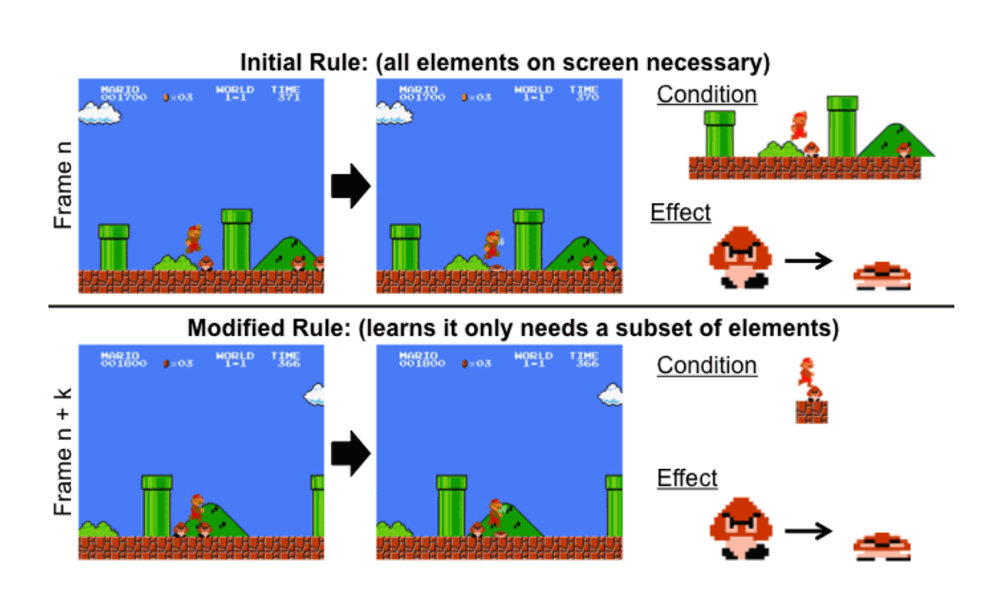
Creating a video game is hard work and time consuming,
Sophisticated games and famous titles for example, were developed with teams consisting of dozens to hundreds of developers and programmers. While most of the job involve human labor, many of them use AI and machine-learning algorithms to help the development burdens.
Popular game engines use AI to rid complex tasks for example. But there was no way to automate the creation of an entirely original game.
This until researchers from Georgia Tech developed a machine learning-based method to automate this.
Matthew Guzdial and Mark Riedl from Georgia Tech’s School of Interactive Computing pre-published a paper titled Automated Game Design via Conceptual Expansion, which they believe lays the groundwork for creating Ai that develops game automatically.
The conceptual expansion algorithms work by taking input in the form of video game levels from already developed games, to then convert them into an output that lays out the environments, objects, and rules for a new video game.
According to the white paper:
The researchers could take those game graphs, and use them to create playable levels of a new game. But this game is entirely developed by a computer.
According to the researchers, "this represents the first machine learning-based automated game designer.”

The developers demonstrate the system using input from three different Nintendo games: Mega Man, Super Mario Bros. and Kirby’s Adventure.
The team tweaked the system to take input from two of the games, to create the third game which is similar, without encountering any data about the third game. So here, they basically fed the AI the Super Mario Bros. game and Kirby’s Adventure, to see whether or not it could create a Mega Man game.
The result was the system in all tests but one, capable of generating levels in accuracy beating any prior methods.
Initially, the work can only generate simple games, but still, it's impressive. The researchers believe that further developments could make it capable of automating the development of 3D games with complex rules and menu systems.
The AI is far from replacing human developers. But as game companies are looking forward for processes that can ease the creation of games, the AI should appeal many people.
Related: This Is ANGELINA, And This AI Doesn't Play Games. Instead, It Creates Them